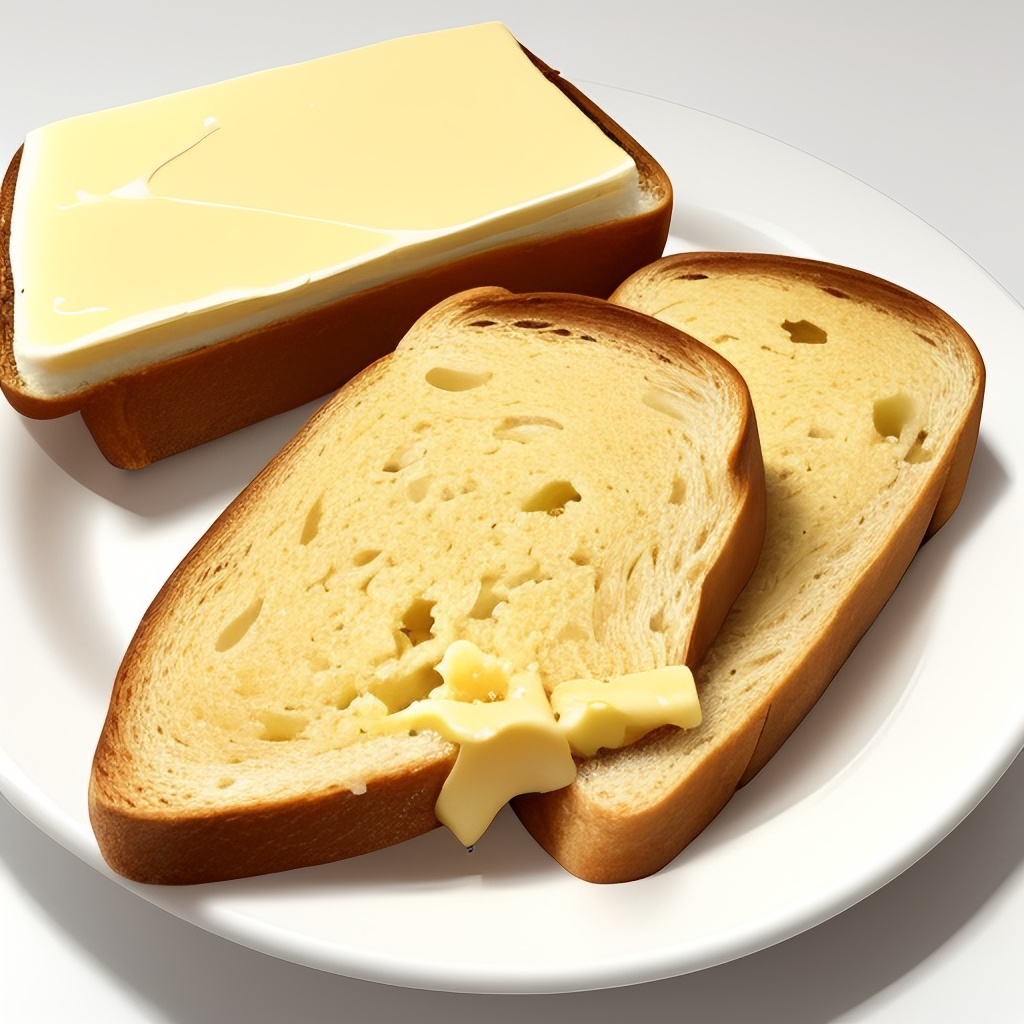Toast Overload: When “Just a Bit of Butter” Becomes a Butter Bonanza
Introduction: We’ve all been there. You ask for a simple snack, something light like a slice of toast with a bit of butter, and suddenly you’re staring down a butter-slathered slab that’s halfway to becoming a dairy product itself. This might seem trivial, but it’s a perfect starting point to explore not only personal preferences and misunderstandings in the kitchen but also to delve into the art of making the perfect toast.
Why should this matter to you? Whether it’s a laugh about family quirks or an earnest attempt to perfect your snack game, understanding the nuances of such a simple dish can be surprisingly delightful and useful. Let’s explore how a “bit” can mean so much more!
Ingredients / Preparation Materials
- Bread (Preferably whole grain or your choice)
- Butter (Salted or unsalted based on preference)
Substitutes for Butter: For those looking to cut down on dairy or calories, consider alternatives like olive oil, avocado spread, or margarine.
Step-by-Step Guide
Preparing the Bread
- Select your favorite type of bread.
- Place it in a toaster or on a skillet to toast to your desired crispness.
- Take a reasonable amount of butter.
- Spread evenly across the toasted bread while it’s still warm to ensure a delightful melt.
- Butter Softening: Keep your butter at room temperature to make spreading easier and more consistent.
- Control Quantity: Use a butter knife for better control over how much butter you’re adding.
- Variations: Try adding a sprinkle of cinnamon or a drizzle of honey to elevate your buttered toast.
Applying the Butter
Tips & Tricks
More Cooking Experience
Try different cooking techniques like grilling or using a panini press for an extra crunch and unique flavor profiles.
Health Problems When Using Certain Ingredients
Be mindful of using too much butter as it can lead to increased risks of heart disease due to high saturated fat content. Opt for healthier substitutes where possible.
Choosing Where to Buy Fresh Food Depending on the Ingredients
For bread, local bakeries often offer the freshest options. For dairy products like butter, look for labels indicating organic or grass-fed origins for higher quality and nutritional value.
FAQs
Can I replace butter with coconut oil? Yes, coconut oil is a great vegan alternative that also adds a slight sweetness to your toast.
Conclusion & Call-to-Action
In conclusion, what starts as a simple request for “just a bit of butter” can open up a world of culinary tweaks and personalization. Experiment with the types and amounts of butter or its substitutes to find what satisfies your “bit” the best!
We’d love to hear your toast tales and tips! Share your experiences and favorite toast recipes in the comments below, or suggest other simple culinary delights you’d like us to explore.
Essential Kitchen Tools for Efficient Cooking
A reliable toaster and a wide, comfortable butter knife are your best friends for achieving toast perfection.
The Importance of Proper Food Storage
Keep your bread in a bread box or refrigerate it to maintain freshness longer. Butter should be stored in the refrigerator but taken out a little before use to soften.
Common Cooking Mistakes and How to Avoid Them
Applying butter to cold toast can result in uneven distribution. Always spread on warm toast for best results.
Understanding Flavors and Seasoning Techniques
A dash of salt on your butter can enhance the flavor, even if you’re using unsalted butter.
Time-Saving Tips for Meal Prep
Pre-toast several slices of bread at once, apply butter, and then reheat briefly when ready to eat for quick snacks throughout the week.
